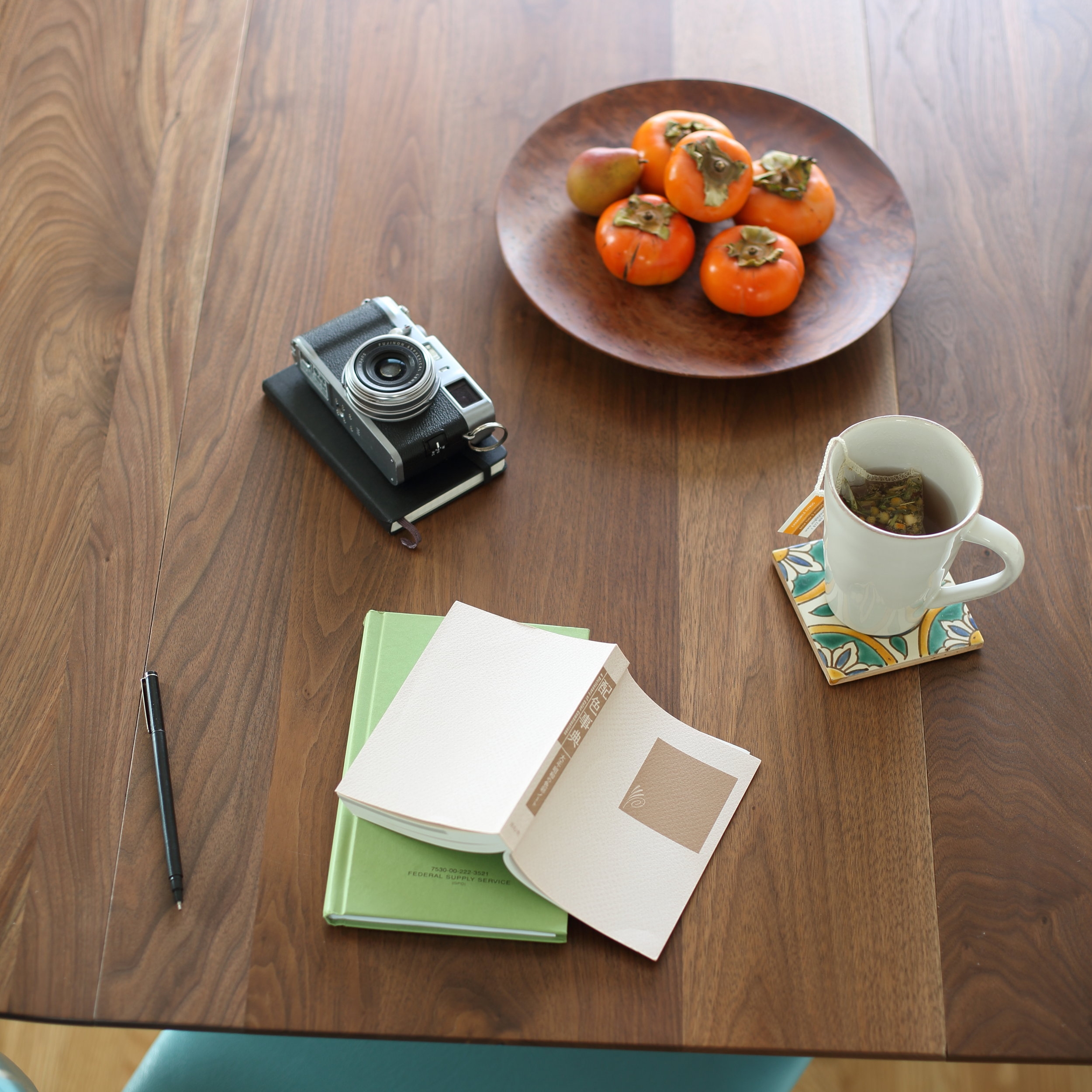The Equation is Out of Balance
Photo by Kelly Ishikawa
When was the last time you brought a new possession into your home? Maybe it was an article of clothing, a piece of decor, or something small like a new mug or a set of pens. Today, possibly. Maybe yesterday. Almost certainly this week.
For the typical American, a new item enters the home almost daily. An Amazon package arriving at your doorstep with a new book or a quick dash into a store for a pair of shoes has shockingly turned into a part of everyday life for a lot of people. Add to this the half-dozen life events when we are showered with gifts, and is it any surprise that the average American household contains three hundred thousand items?
Now recall the last time you let go of an item because you simply didn’t enjoy it or need it anymore. When was the last time you released several bags or boxes of items all at once without replacing them with something new? For many people, it’s likely been years or even decades. Or perhaps you’ve never completed a big purge in your entire life. Our culture’s big clutter problem is not only due to new stuff constantly crossing the threshold of our homes but also the great infrequency with which things leave our homes. If you’re good at math, it’s pretty simple: the equation is out of balance.
Photo by Kelly Ishikawa
Hit the Reset Button
A popular decluttering strategy we’ve seen some of our clients test out before calling us in is the “one a day” method of donating one item daily. Despite diligently sticking to their plan, these clients become frustrated when they find that this daily practice has barely made a dent in their space. Other clients practice the “one in, one out” rule, meaning that anytime new things enter their home, they have to get rid of an equal number of items. They, too, end up feeling as though they are running in place, always dealing with their items but never making any noticeable progress. This is because both of these theories are excellent, but only for maintaining an already decluttered home.
In order to get to that place of pure maintenance, you first have to hit the reset button and complete one huge, sweeping clear-out. You have to deal with the backlog of items that have accumulated in order to get to a point where you are simply maintaining a clutter-free space. This big reset is not a type of self-flagellation or asceticism or the cause of deep suffering. It is, in fact, the opposite. It’s a skimming of the fat, a removing of the excess so that what is needed and used and loved has the space and attention it deserves.
In life’s great ecosystem, envision yourself as a “leverage point.” This is a term coined by the environmental educator Donella Meadows for “places within a complex system (a corporation, an economy, a living body, a city, an ecosystem) where a small shift in one thing can produce big changes in everything.” As you tread lightly, mindfully, and generously, picture the ripple effect of your actions as they radiate out from your home, into your community, until eventually, they encompass this little blue dot called Earth that we all share.
This excerpt comes from our book, New Minimalism, Decluttering and Design for Sustainable, Intentional Living.


